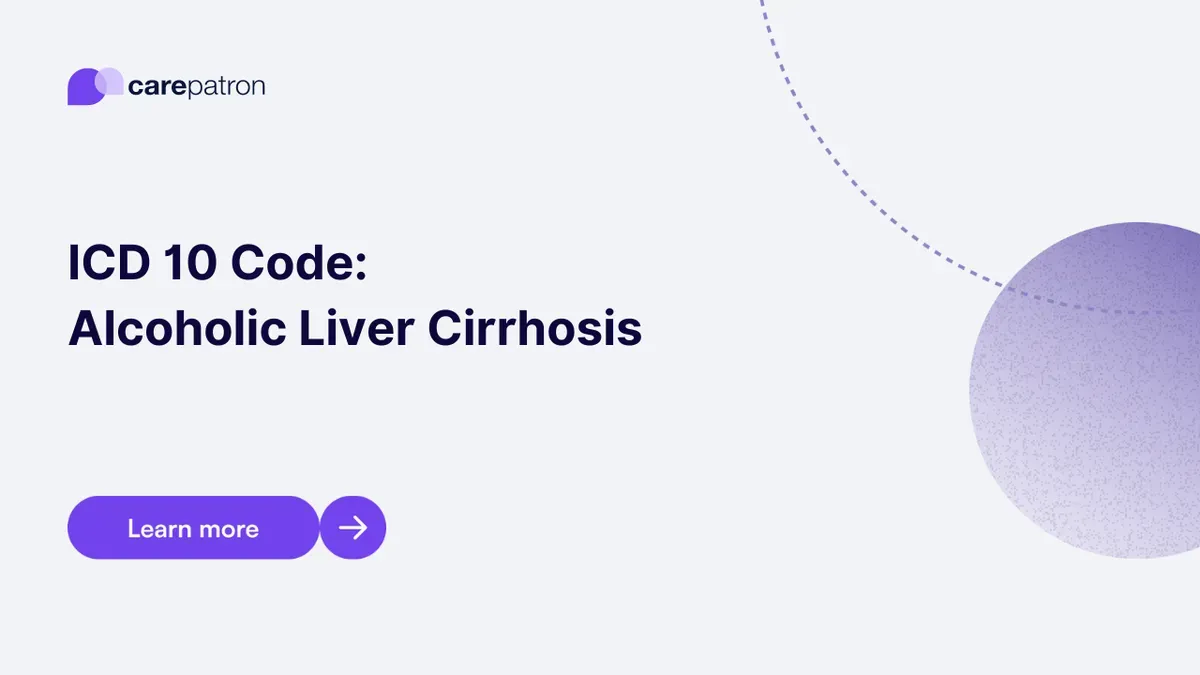
Alcoholic Liver Cirrhosis ICD-10-CM Codes
Explore ICD-10-CM codes for alcoholic liver cirrhosis in 2023. Learn about common codes, billable statuses, and gain clinical insights in this comprehensive guide.
Use Code
EHR and practice management software
Get started for free
*No credit card required
Free
$0/usd
Unlimited clients
Telehealth
1GB of storage
Client portal text
Automated billing and online payments
